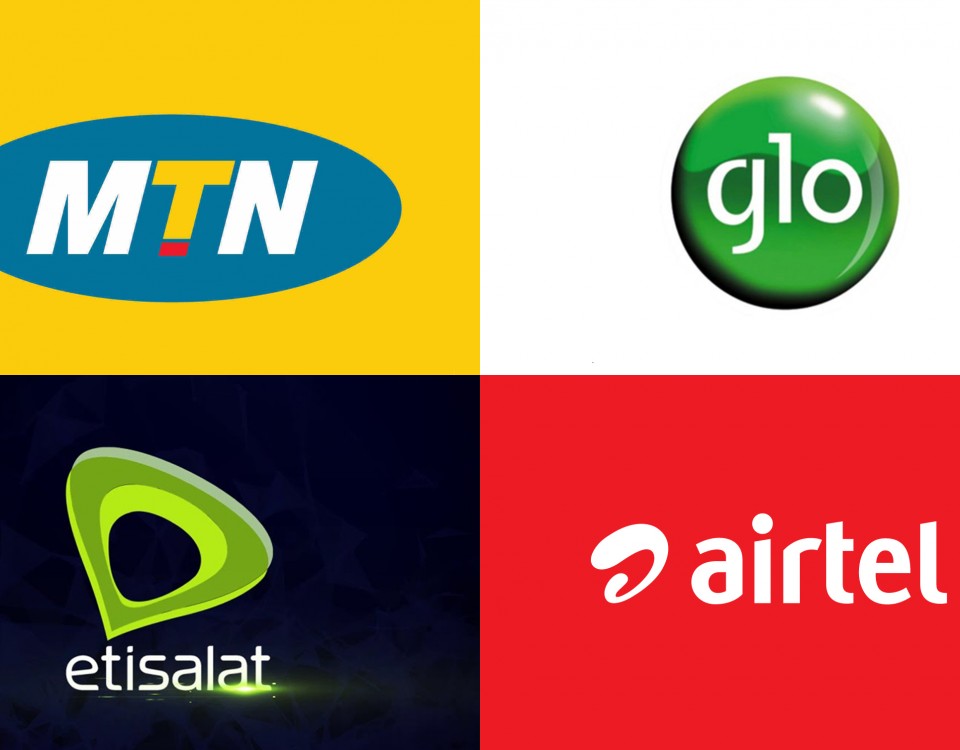Nigerian telecommunications operators have been fingered as contributing largely to reported global spam calls as the number of their unwanted calls helped put Nigeria among the top 10 countries affected by spam calls, according to Truecaller, a technology company with an application that allows a caller’s identity to be seen even when it is not stored on your phone.
Truecaller’s report on “Top 20 Countries Affected by Spam Calls in 2018” states that annoying and unwanted spam calls are on the rise around the globe, revealing that Nigeria occupies the ninth spot in the world, coming after large markets such as India, the US, and Brazil, where the average Truecaller user receives more than 20 spam calls each month.
The report stated that operators are the biggest spammers in Nigeria, accounting for the majority (61%) of the total for reported spam calls, which compares against 10 percent of reported spam calls attributed to operators in Kenya.
Specifically, operator spam calls involve telecom companies cold-calling people as call-centre agents attempt to upsell data plans or push promotional offers to the public at large.
Another major spam call issue identified is that Nigerians deal with 27 percent nuisance calls, unwanted and unsolicited calls that are a disturbance for users, or at the very least amount of prank calls and at worst, harassment.
Rounding off the spam call list in Nigeria are telemarketing calls at 2.0 percent, which are promotional calls from companies, surveys being done by analytic firms on behalf of their clients, political/Robo calls, or new client outreach for services and subscriptions.
On the continent, South Africa, Nigeria, and Egypt are all in the top 10 most spam affected countries but the proportion of the spams that are scam in these countries is far less than in Kenya, another country highly affected by spam calls.
In Kenya, scam calls account for a whopping 91 percent of the reported spam calls. Scam calls are basically fraud attempts via your telephone,
with scammers using a phony scheme to swindle money from unsuspecting members of the public.
On the other hand, South Africa seems to have more of an even spread when it comes to who is spamming, with telemarketing (39%) leading the way, while financial services (24%) and insurance (13%) are the most known types of spam calls.
Spam calls are big business in South Africa, as the direct marketing industry reported employing more than 150,000 workers, with the average call centre agent logging around 1,600 calls on a monthly basis. This amounts to South Africans being collectively bombarded by tens of thousands of spam calls each and every day. In fact, Truecaller app users already identify over 8.5-million local spam calls on a monthly basis.
The report indicated that globally, there are common categories that tie all spam calls together, with some of the most common occurrence being local scam calls, telemarketing, and debt collection calls, and unsolicited finance and insurance product offerings.
In addition, more than 250-million people around the world are using apps such as Truecaller to see caller IDs and know who’s calling, even if the number is not stored in their phonebook. This app also enables users to block calls as well as SMSs and report spam callers and messages, allowing the larger community of users to avoid the spammers too.

 Football6 days ago
Football6 days ago
 Entertainment5 days ago
Entertainment5 days ago
 Football7 days ago
Football7 days ago
 Football7 days ago
Football7 days ago
 Business4 days ago
Business4 days ago
 Football5 days ago
Football5 days ago
 Crime6 days ago
Crime6 days ago
 Football6 days ago
Football6 days ago

